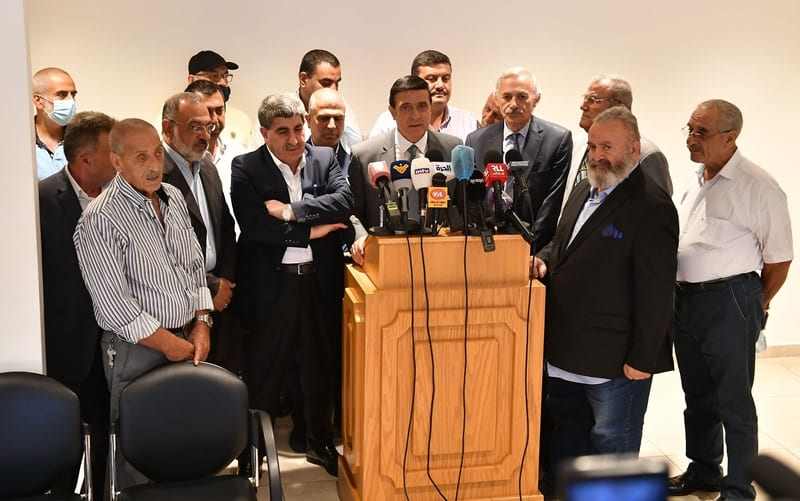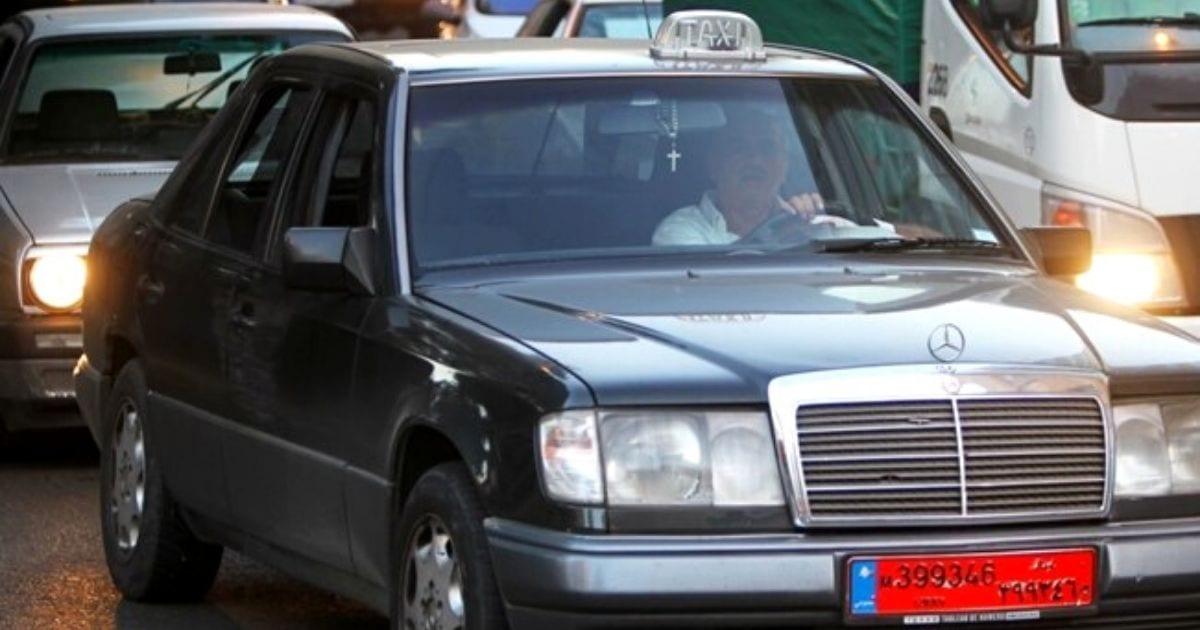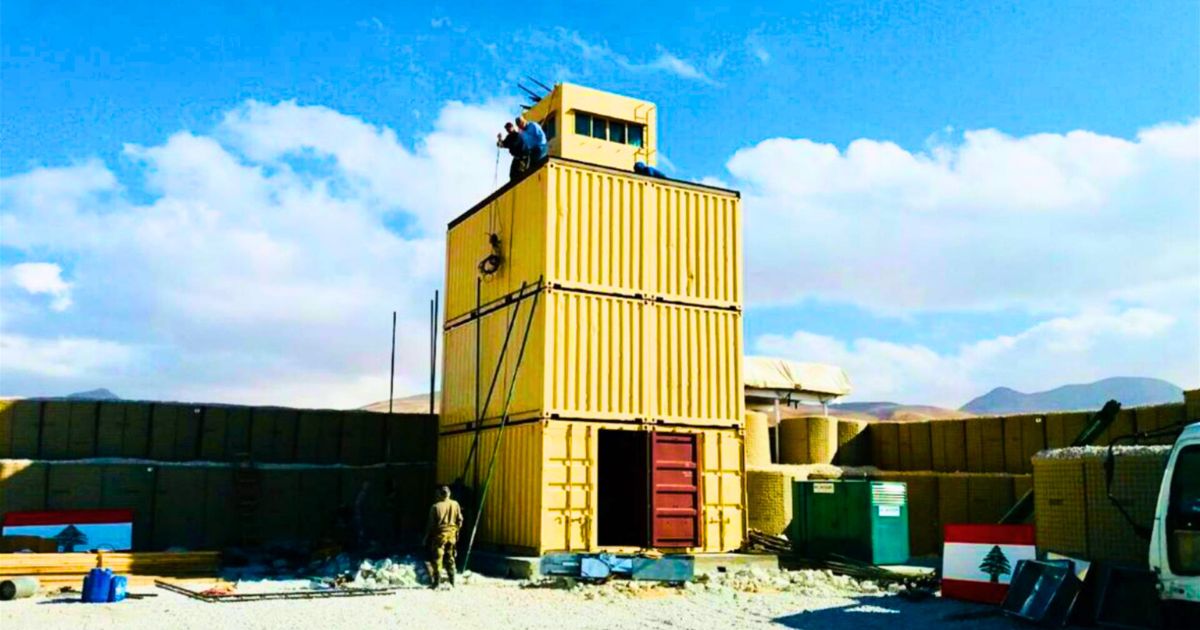Public transportation fees in Lebanon have officially increased. The Minister of Public Works and Transport, Michel Najjar, announced it in a joint press conference with Land Transport Union head Bassam Tleis on Wednesday.
The decision follows protests held by public car drivers about financial hardships. Last week, drivers held a sit-in outside the Ministry of Interior to “demand the cancellation of the mechanic fees and the amendment if the public transportation fees,” reported LBCI.

New Fees
“Service taxis, which previously asked for 2,000 LBP for standard rides, are now going to ask for 3,000 LBP, and buses and vans that operated at a price of 1,000 LBP will now ask for 1,500 LBP,” as reported by The Daily Star.
3,000 LBP for a shared-taxi ride is less than $1, considering the exchange rate is somewhere around 8,000 L.L. on the black market.
In addition, 1,500 LBP once was practically the equivalent of a dollar. Today, you can travel across the country on buses or vans basically for pennies. That if you have the rare American currency to exchange.
Fair For All?
The minister stated that prices were increased “so that everyone can continue in light of the situation we are going through, taking into consideration the interests of citizens and the sector.”
However, the price increase for fares is devastating to many Lebanese who are already struggling to make ends meet and rely on public transportation on a daily basis.
Two taxi rides (to and from your destination) will amount to 6,000 LBP, which is the new cost of 3 bundles of bread since the bread price increased, too.
“The purpose of the new tariff is to take into account the interest of the citizen and the driver,” said the head of the Union of Land Transport Bassam Tleis.
It is on the citizens to make sacrifices while the government is still disputing the correct amount of losses, and failing to make needed reforms, potentially losing IMF support altogether.
On that note, it is becoming intriguing that the authorities managing the country’s affairs don’t know the exact amount of losses and can’t come to agree on it.

















